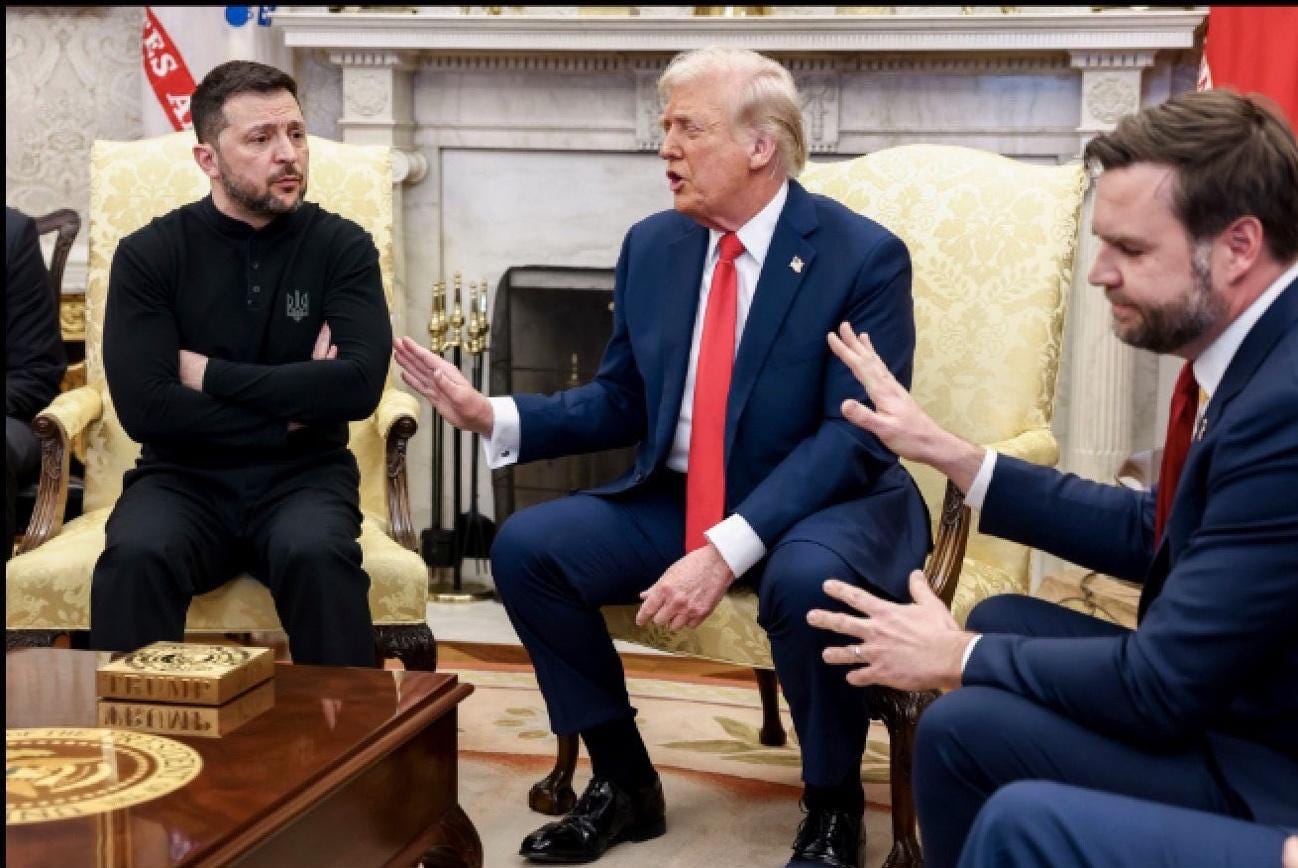European Fiscal Primacy
A Cure for the Sick Man?
The European Economy’s performance has always been kind of like your friend who peaked in high school. Once the envy of the global class, their skills at beer pong have gone from impressive to, well, just kind of sad. They’ve spent the past few decades struggling to keep pace while watching former peers (the US and China) become increasingly successful.
For the EU, the yearbook photos look great, but the reunion is…uncomfortable.
But hope is not lost, it’s possible Europe can turn crisis into opportunity – a stint in regulatory rehab, perhaps, and a boost of motivation from an old orange-tinted rival might be exactly what they need. What was once unthinkable in EU policy circles — large deficits, joint debt issuance, and expansive state aid — has returned to the zeitgeist as policymakers turn the fiscal taps back on to fortify the economy’s foundations.
What is “Fiscal Primacy”?
Eighteen months ago, we penned our magnum opus on a megatrend that was reshaping the U.S. economic landscape: Fiscal Primacy.
“We have entered a new fiscal and geostrategic regime that will be markedly different than the previous decade and see government spending exercising a persistently outsized role in corporate profit trends. The pandemic accelerated powerful fiscal and economic shifts already underway, heralding a new era that could bring meaningful change to both the micro and macroeconomic landscape.”
US Fiscal Primacy: Investment Implications in the Fiscally-Led US Economy
We contended in the piece that the sectoral tilts of U.S. Fiscal Spending would become a major driver of equity returns, as a “crowding-in” of capital into the shares of companies with the fiscal buffer to avoid a potential recession drove prices higher.
In mere weeks, President Trump has upended decades of geopolitical and economic precedent. Much of investor focus has centered on what the U.S. policies mean for its own economy and towering equity market, but what does America’s turn inward mean for the rest of the world – particularly U.S. allies who have long been content under the umbrella of U.S. military protection and drafted in its economic wake?
Global Vibe Shift
Europe has awoken to a new global reality, laying bare the fifteen years of underdevelopment and deindustrialization that has defined the post-GFC era. A change in direction ultimately requires a shift in policy attitude from the austerity era.
As the market deals with the realities of increasing U.S. isolationism and protectionist trade policies, we believe that fiscal primacy has crossed the pond.




